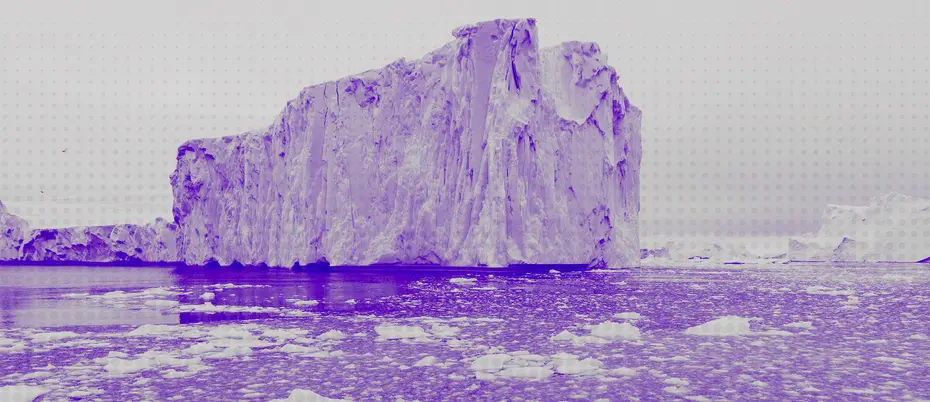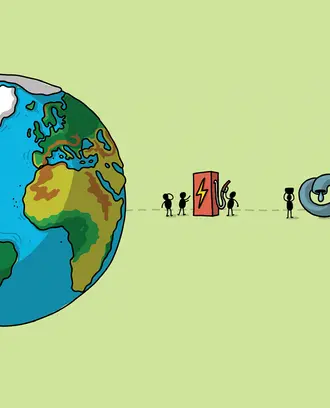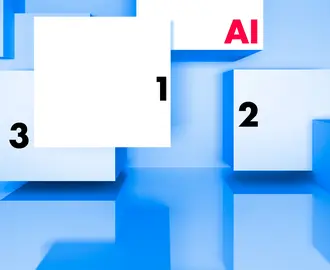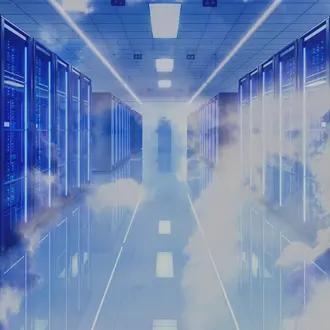Science “is not the bottleneck” to climate change action, said MIT Sloan professor John Sterman on MIT Sloan’s “Data Made to Matter” podcast. He and his colleagues at the nonprofit Climate Interactive have built a simulator for the public and policymakers to see the impact on the Earth, before it’s too late.
Why investing in system dynamics is important to your work
“People make basic errors in reasoning. They make basic errors in understanding even simple systems like how do you fill up a bathtub. And so then when we’re presented with complex systems like a company in its market or a community we tend to fall back on these very simple mental models and that leads to strategies that fail, it leads to what we call policy resistance. And so what system dynamics is designed to do is to help executives, decision-makers, everybody come to a deeper understanding of the system in which they’re embedded so that they can make wiser decisions.”
Data that matters
“The actual number [by which the 2015 Global Climate Agreement would reduce global warming] coming from not only our work here at MIT but also the work of the Joint Program on the Science and Policy of Global Change is about one degree C [Celsius]. Now that may not sound like a lot for a lot of your listeners but it’s actually a huge deal. One degree C or 1.8 Fahrenheit is just what’s left between where we are now and the 2 degree limit that was articulated as the most warming we can tolerate in the Paris agreement. And at the peak of the last ice age here in Cambridge, Massachusetts, there was a glacier a mile thick, sea level was 400 feet lower than it is today and global average temperatures were only 5 degrees C, 9 Fahrenheit lower than they are today. So 1 degree is quite a large deal.”
What should you focus on in the future?
“We're finding new mechanisms that can lead to potential tipping points and the possibility of runaway climate change. So that's a little discouraging. It’s getting worse and worse. But on the economic and technology side the news is getting better every day, every day it’s getting cheaper to deploy wind, solar, efficiency. Every day we find out that it's getting easier to do these things. Every day we find out more and more people understand that the climate is changing.”
What to explore after you listen
John Sterman on UN climate change negotiations
Study warns wood bioenergy supporters can’t see carbon emissions for trees
The Dynamics of Climate Change — from the political to the personal




